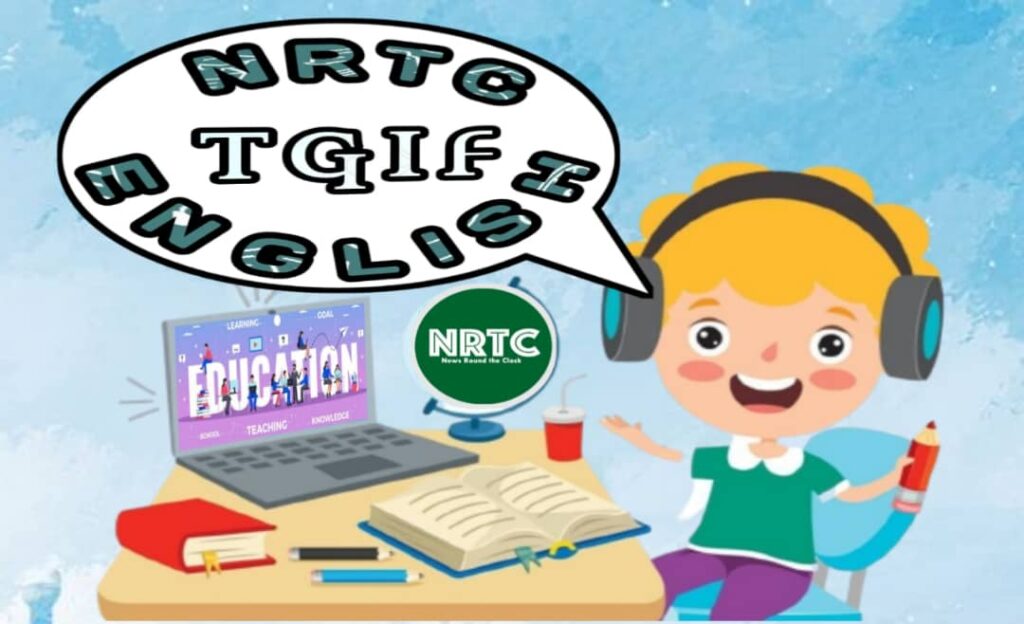Estimated reading time: 4 minutes
In English, many words that describe professions can also be used as action words or verbs. This concept may seem confusing at first, but it’s an essential part of expanding your vocabulary and understanding how flexible the English language can be.
The same word that tells you what someone does for a living can also show you what action they are performing.
Today’s NRTC English will explore some examples of professions that function as verbs and how they are used in everyday sentences.
One common example is the word doctor. As a profession, a doctor is someone who provides medical care. However, when used as a verb, doctor has a very different meaning. To doctor something means to alter or tamper with it, often in a dishonest way. For instance, if someone says, “The document was doctored,” they are saying that the document was changed or manipulated, not that it was given medical treatment. The word takes on a negative connotation, suggesting that something was altered to deceive.
Another example is the word pilot. We often think of a pilot as someone who flies a plane, but when used as a verb, it means to guide or direct something. In a sentence like, “The woman piloted the children home,” it doesn’t mean she flew a plane with the children; instead, it means she guided or led them. The idea of piloting is about steering something in a particular direction, whether it’s a plane or a group of people.
ALSO READ
The word nurse is another profession that works as a verb. While a nurse in the professional sense takes care of patients, the verb nurse can mean to care for something or to brood over a thought for a long time. For example, “He was nursing the idea for weeks” means that he was holding on to or thinking deeply about the idea. The connection here is that both uses of the word involve care, whether it’s caring for a person or nurturing a thought.
Then there’s engineer. As a profession, an engineer is someone who designs or builds things, but the verb engineer can mean to plan or manipulate a situation skillfully. For example, “He engineered their behavior” suggests that someone carefully planned or manipulated events to make people act a certain way. Just like an engineer designs a building or a machine, this verb implies a level of skill and careful planning in orchestrating a situation.

Similarly, the word police can be used both as a noun and a verb. As a noun, police are law enforcement officers. As a verb, police means to monitor or control something. In the sentence, “Stop policing my actions,” the speaker is asking someone to stop monitoring or controlling them, not to stop enforcing laws like a police officer would. This usage of police relates to the idea of keeping order, whether it’s controlling a city or someone’s personal behavior.
The word vet also provides a useful example. As a profession, a vet (or veterinarian) is a doctor who treats animals. As a verb, vet means to examine something carefully. For instance, “Please vet these documents before submission” means that you should review or check the documents thoroughly. The action of vetting, in this case, involves careful scrutiny, much like how a vet would carefully check an animal’s health.
There are other professions that can be used as verbs, each with its own unique twist. For example, judge can refer to forming an opinion about something, not just someone who makes decisions in a courtroom. To coach someone means to guide or train them, much like a sports coach works with athletes. Even tailor, a person who makes clothes, can be used as a verb to mean adjusting or customizing something to fit specific needs, such as tailoring a plan to suit a particular situation.
Learning how professions turn into verbs opens up new ways to express ideas and actions in English. It also helps improve fluency, as these verbs are often used in everyday conversation. By understanding the dual meanings of these words, you can better grasp the nuances of the language and sound more natural when speaking.
In conclusion, English is a dynamic language, and professions that function as verbs are a perfect example of its flexibility. Whether you are doctoring a document, nursing an idea, or engineering a plan, you are using words in creative ways that go beyond their original professional meanings. Understanding this concept can greatly expand your vocabulary and allow you to use these verbs more confidently in your daily conversations.







